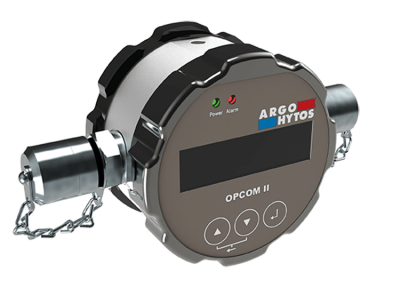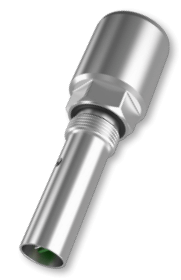Why mobile oil diagnosis
Knowing the current condition of the fluid is very important for operators of production plants and units, as a machine failure is associated with long downtimes and high downtime costs. In order to detect changes in the hydraulic oil and contamination at an early stage, the operators take a sample at set intervals and send it to an oil laboratory. This process has become established across the board in recent years and continues to be a very good solution for detecting damage at an early stage.
However, this process also harbors some risks. Often the wrong or dirty containers are used for sampling, which means that the analysis cannot be carried out or the laboratory result is incorrect. Just as important as a suitable container is the cleanliness of the environment in which the sample is taken. If the sample is taken in humid or dusty ambient air, this can already have an effect on the water content of the oil or on particle contamination.
Another disadvantage of classic oil analysis is time. It can take several days from the time the oil is extracted until the report is analyzed. As a result, a low-cost error can quickly develop into massive and cost-intensive damage.
ARGO-HYTOS GmbH has recognized this problem and developed a portable oil laboratory especially for such service operations.












